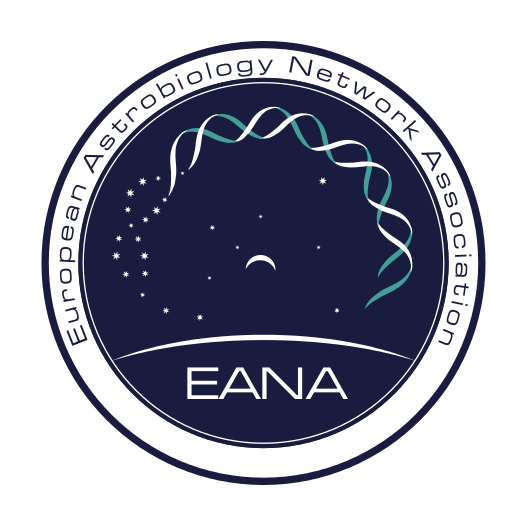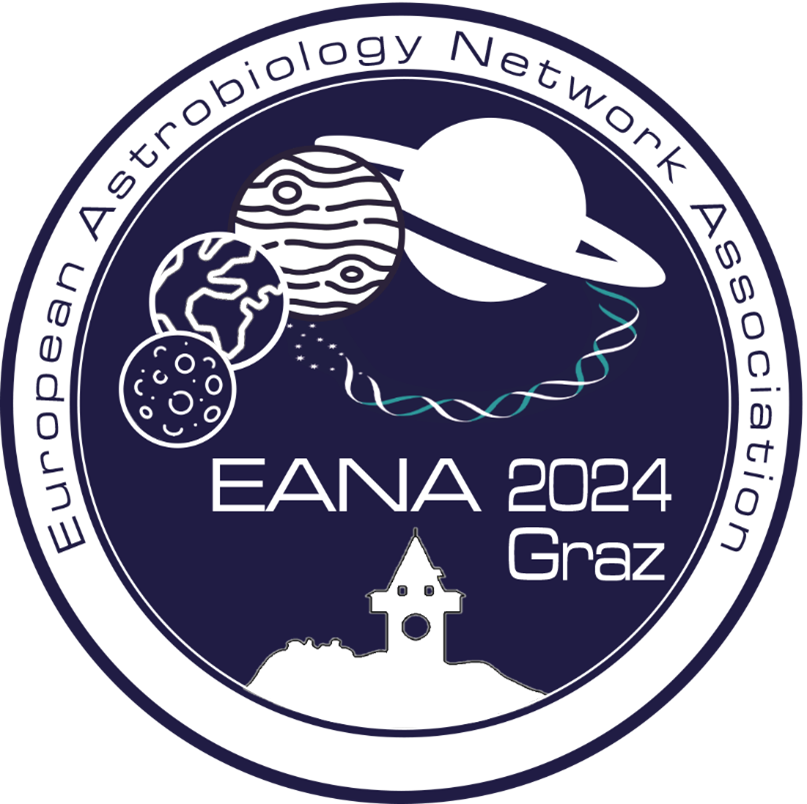 |
Abstract EANA2024-80 |

|
Biotechnologies for space sustainability: a tool to close the loop in space and on Earth
The next decades of space exploration will bring humans way beyond Earth’s orbit, where resources are scarce and resupply is unviable. It has been estimated that synthetic materials, such as plastics and electronics, will constitute more than 70% of future payloads, and thus of future space waste generated. However, recycling synthetic waste will be key to obtain resources, while enhancing space sustainability.
Promising approached to enhance loop-closure includes the use of microbiologically supported processes not only for human waste recycling, but also for upcycling of plastics and electronics. For instance, microorganisms have been shown to break down plastics into organic nutrients to support growth, a process called biodegradation that offers exciting paths towards a circular bioeconomy. In the human space exploration context, developing biotechnologies for biological waste (e.g., food, black/yellow water) upcycling is underway, but solutions for synthetic waste remain unexplored, despite representing an invaluable source of carbon and metals, feedstock and structural materials.
The Leverhulme Trust funded project presented here aims to study the cellular and molecular mechanisms of microbe-mediated synthetic waste biodegradation and upcycling under space conditions (e.g., simulated microgravity). By analysis of the surface morphology, infrared spectra and differential scanning calorimetry, we obtained evidence that microbial-mediated silicone rubber (PDMS) degradation was less efficient aboard the International Space Station (ISS) compared to Earth. This sheds light on the impact of space conditions on these processes and highlights the need for deeper insights into these effects. In turn, this will inform synthetic biology approaches to bioengineer the processes and upcycle the degradation products into useful molecules.
The results of this research will be pivotal to establish space biotechnologies which would produce primary and secondary products to sustain biological compartments in life-support systems, and vice versa. Moreover, it has the potential to inform terrestrial applications for circular economies, in accordance to the United Nations’ view on the key role that space activities play in the realization of the Sustainable Development Goals.
